パパ vs お父さん vs 父 vs 父親: What is the Difference?
I can’t get what they’re different…
I’d say you’ve got pretty complicated the word choice of “パパ(papa)”, “お父さん(otousan)”, “父(chichi)” and “父親(chichioya)”. You will be able to choose which word is better for you in daily conversation and in public after reading this.
パパ(papa) / お父さん(otousan) / 父(chichi) / 父親(chichioya)
Daddy/Dad/Father , 爸爸/爸/家父/父亲 , 아빠/아버지/아버지/부친 , Bố ơi/Bố/Bố ơi/Bố của tôi/Người bố
“パパ(papa), お父さん(otousan), 父(chichi) and 父親(chichioya)” mean “Daddy, Dad or Father”.
“パパ(papa)” is used as a pretty child’s word like Daddy.
“お父さん(otousan)” is used as someone’s father which is informal like Dad.
“父(chichi)” is used as someone’s father which is formal and individual like Father.
“父親(chichioya)” is used as someone’s father which is formal and a role of a Father.
パパは厳しい。 (My Daddy is strict.) (papa wa kibishii)
お父さんは厳しい。 (My Dad is strict.) (otousan wa kibishii)
“パパ(papa)” is a pretty childish word, so after being 13 to 15 years old, we don’t normally use “パパ(papa)” rather we use “お父さん(otousan)” or “父さん(tousan)” to our friends.“父さん(tousan)” sounds a little boyish. So if you’re a girl or a woman, you could use“お父さん(otousan)” is better.
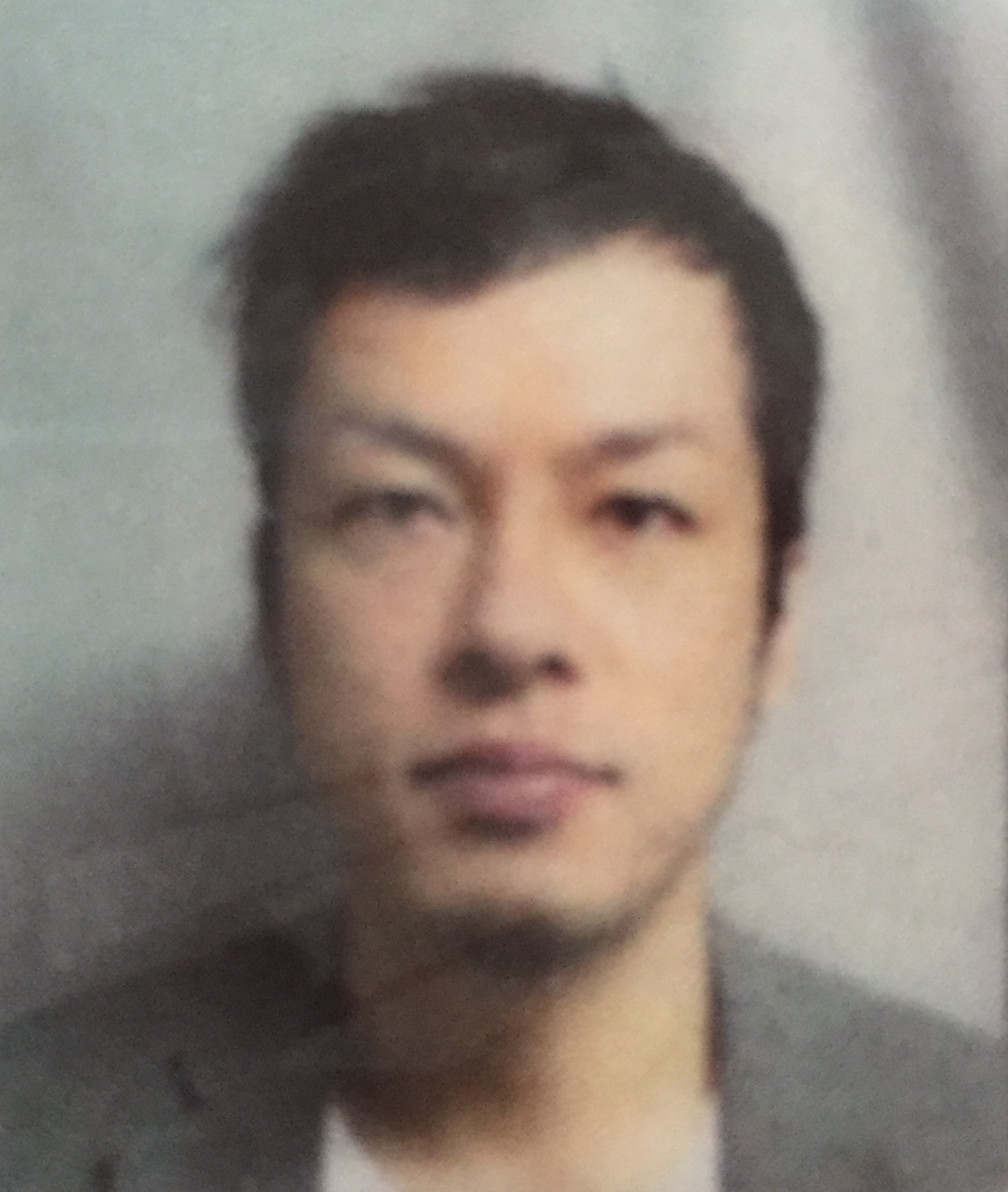

I normally use“父さん(tousan)” to my friends.
父は厳しい。 (My father is strict.) (chichi wa kibishii)
父親は厳しい。 ((Basically), A father is strict.) (chichioya wa kibishii)
This is what the role of a father means. So, we Japanese speakers normally use “父(chichi)” than “父親(chichioya)“. Remember that some Japanese people use“父親(chichioya)” like“父(chichi)” though.


I normally use“父(chichi)” in public and business situations.
Basically, they’re different, but you know, that’s what a language is. So, you might want to use“父(chichi)” in public. And“父親(chichioya)” can be used as a role of a father.
\ Learn Japanese with a personal native teacher!/
Sample
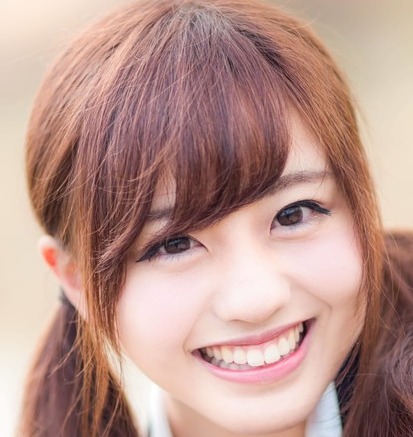

お父さんの仕事は何? (What does your dad do?) (你父亲的工作是什么?) (아버지 직업은 뭐야?) (Công việc của bố bạn là gì?)(otōsan no shigoto wa nani?)
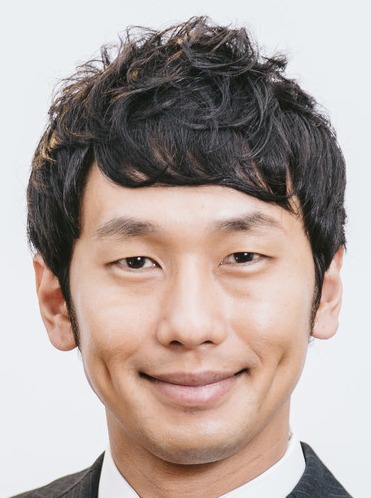

父親が昨日、新しい車を買いました。 (My father bought a new car.) (我父亲昨天买了一辆新车。) (아버지께서 어제, 새 차를 사셨습니다.) (Hôm qua bố tôi đã mua một chiếc xe hơi mới.)(chichioya ga kinō, atarashī kuruma wo kai mashita.)
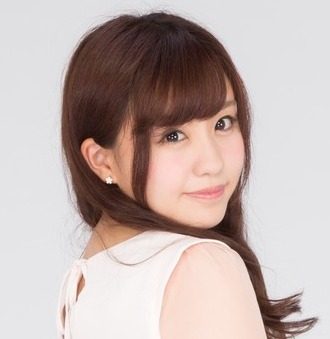

パパ帰ってきたかな!? (Is that daddy!?) (爸爸应该会回来了吧!?) (아빠 왔을까나?!) (Bố đã về chưa nhỉ!)(papa kaette kita kana!?)


父の仕事は建築家です。 (My father is an architec.) (我父亲的工作是建筑师。) (아버지 직업은 건축가입니다.) (Công việc của bố tôi là kiến trúc sư.)(chichi no shigoto wa kenchikuka desu.)
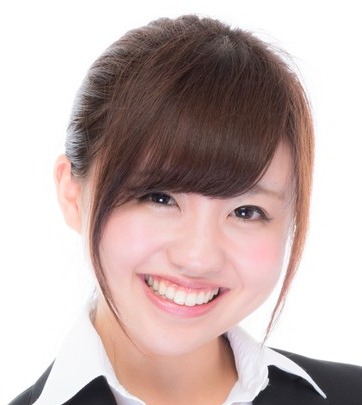

父と来週東京に行きます。 (I’m gonna go to Tokyo with my father next week!) (下周要和父亲一起去东京。) (아버지와 다음주 도쿄에 갑니다.) (Tôi sẽ đi Tokyo với bố vào tuần tới.)(chichi to raishū Tōkyō ni iki masu.)


父親は学校の先生です。 (My father is a school teacher.) (我父亲是学校老师。) (아버지는 교사입니다.) (Bố tôi là một giáo viên.)(chichioya wa gakkō no sensei desu.)
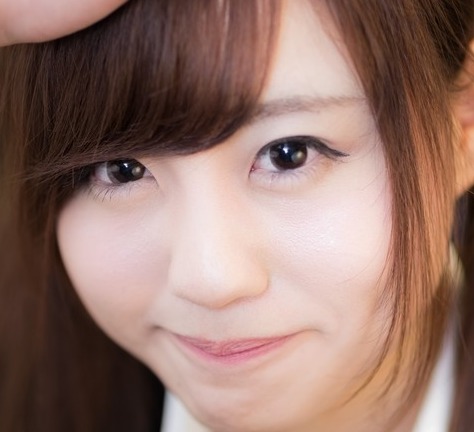

パパがこれ買ってくれたの! (My daddy bought this for me!) (爸爸给我买了这个!) (아빠가 이거 사주셨어!) (Bố đã mua cái này cho tớ đó!)(papa ga kore katte kureta no!)


お父さんは優しいよ。 (My dad is kind.) (爸爸很温柔。) (아버지는 상냥하셔.) (Bố tớ hiền lắm.)(otōsan wa yasashī yo.)
I taught Japanese to a person from England on italki. 😊
— JP YoKoSo (@JapanesteacherD) January 29, 2023
He likes "haiku and anime".☺️
I love what he was telling "haiku".
He's been studying Japanese for only 6 months but he was good at speaking and listening to Japanese. 😊
I wanna be like him, I gotta study Spanish. 😇
\ Learn more! /






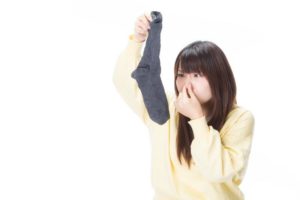


Comments